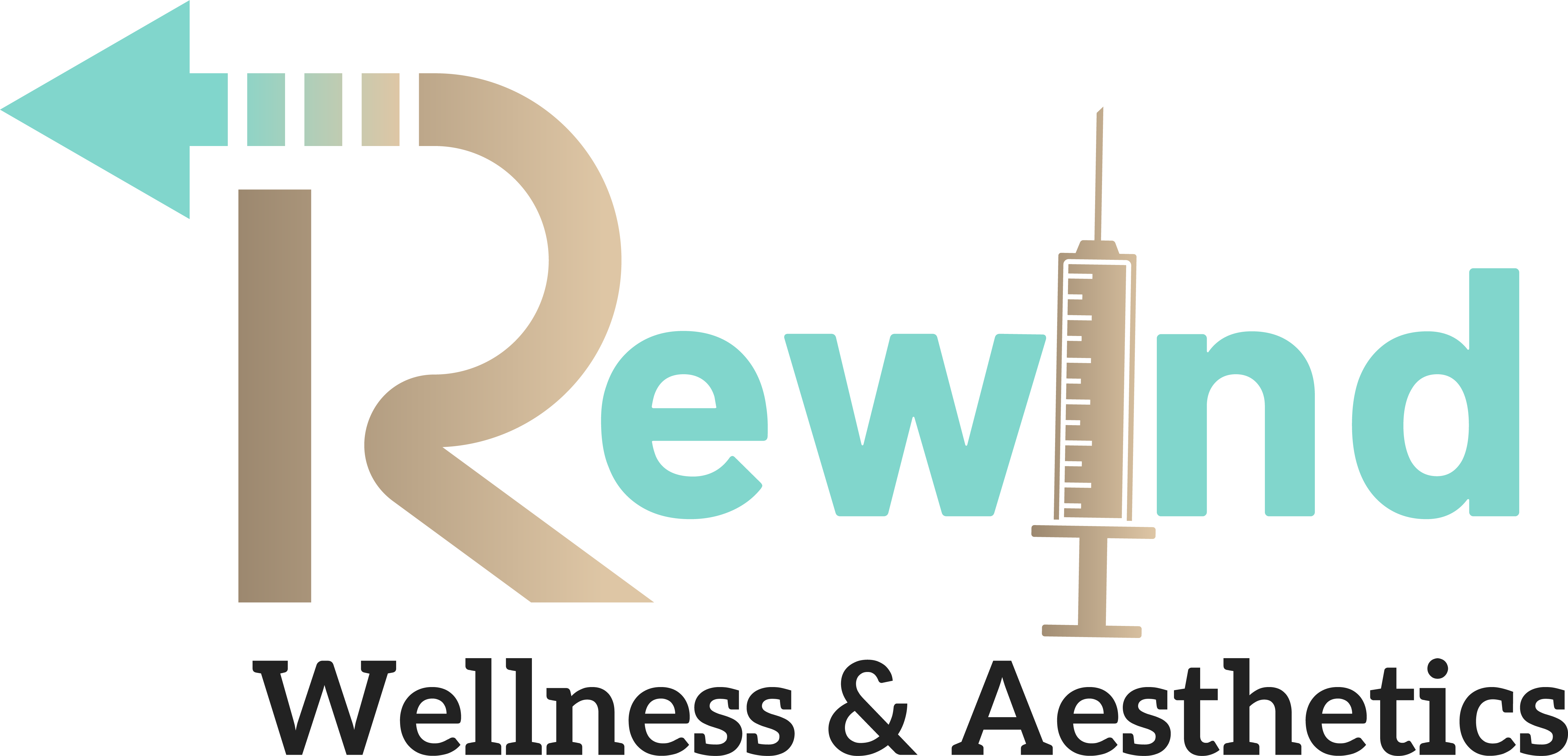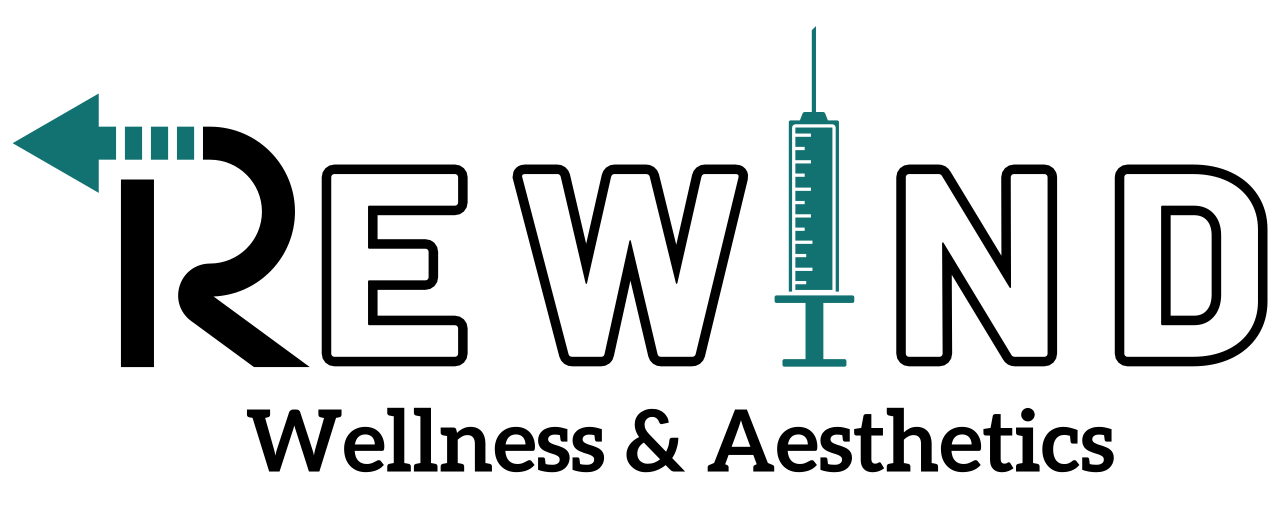Primary Care & Orthopedics
- Home
- Primary Care & Orthopedics
We also provide primary care! Establishing yourself with a Primary Care Provider is critical to helping you stay healthy. Primary and preventative care is essentially a better quality of life.
As a Family Nurse Practitioner, the focus is on preventative care
- Conduct well checks
- Screen for disease symptoms
- Administer treatments
- Order tests under the premise of enhancing a patient’s overall well-being
- Include counseling patients on healthy lifestyles and disease prevention
- Proactive measures
- Ensuring that patients follow treatment recommendations
- Develop individualized
- Create educational materials
Family Nurse Practitioners treat healthy patients, injured individuals, patients with
viral symptoms, and those struggling with diabetes, high cholesterol, and other
chronic ailments. However, these practitioners do not treat critically ill patients.


Scope
My scope of practice includes blending nursing and medical services for individuals,
families and groups. As an independent provider, I diagnose and manage acute and
chronic conditions and emphasize health promotion and disease prevention.
My services include but are not limited to ordering, conducting and interpreting
diagnostic and laboratory tests; prescribing pharmacologic agents and non-pharmacologic therapies; teaching and counseling.
As a Certified Family Nurse Practitioner, I am prepared to fulfill the definition of primary care across settings, including the provision of care at first contact for undifferentiated conditions, ongoing management of acute and chronic conditions, health promotion and care coordination
Primary Care at Rewind
We also provide primary care! Establishing yourself with a Primary Care Provider is critical to helping you stay healthy. Primary and preventative care is essentially a better quality of life.
As a Family Nurse Practitioner, the focus is on preventative care
Orthopedics
- A steroid injection is a therapy used to treat pain and joint inflammation.
- The injection consists of corticosteroid medication, which will relieve pain and
inflammation as well as an anesthesia to provide short-term pain relief. - A steroid injection can relieve pain for as long as six months.
Steroid injections, also commonly referred to as a cortisone injection or
corticosteroid injections, help reduce joint inflammation and ease joint pain.
If you are experiencing pain associated with rheumatoid arthritis, back pain,
bursitis, gout, osteoarthritis, tendonitis, or other types of arthritis a steroid injection
might be the answer.
A cortisone injection is typically one element in a more extensive treatment plan. It
is often used alongside medications and physical therapy.
Candidates for a Steroid Injection (Corticosteroid Injection)
Corticosteroid injections treat pain associated with orthopedic condition such as:
- Rheumatoid arthritis
- Back pain
- Bursitis
- Gout
- Osteoarthritis
- Tendinitis
- Psoriatic arthritis or reactive arthritis.
A steroid injection generally will relieve pain for six weeks to 6 months. Pain relief
that comes from a steroid injection will allow you to:
Treat arthritis, such as a gout flare-up.
Perform exercises from physical therapy. The steroid injection will relieve the
pain long enough for you to increase your strength so that when the injection wears
off, your joints will be healthier.
Rest the inflamed area. If the rest is recommended in your treatment protocol, a
steroid injection will relieve pain so you can rest the affected joint.
What to Expect During a Steroid Injection (Corticosteroid Injection)?
A steroid injection can be given in the clinic setting, so you will go home the day of
the injection.
The affected area is clean around the injection site and cold spray is used to numb
the affected area.
As the medication is injected, you may feel pressure.
The injection includes corticosteroid medication, which will relieve pain and
inflammation as well as an anesthetic to provide short-term pain relief.
Complications associated with steroid injections include:
- Damage to cartilage.
- Bone damage.
- Joint infection.
- Nerve damage.
- Tendon rupture.
- Osteoporosis.
- Pain and inflammation in the joint (temporary).
- Lightening around the injection site.
- Increase in blood sugar (temporary).
FAQ
A Nursing Degree versus a Medical Degree. Doctors, at their core, are scientists. They study diseases and how to cure them. Nurse practitioners, at their core, are healers. The vast majority begin their careers as registered nurses (RNs) and focus their care on wellness of the whole body and mind.

